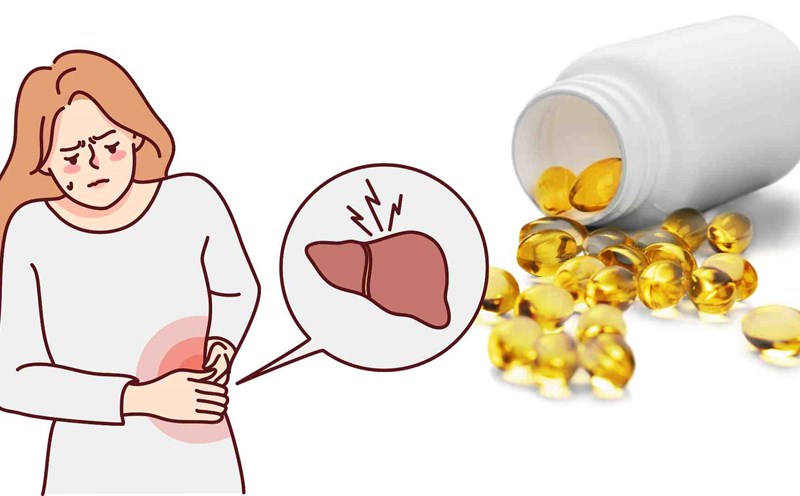Vitamin D is an essential nutrient that strengthens bones, boosts immunity and maintains overall health. However, many people accidentally supplement incorrectly, causing the body to not absorb effectively and even posing a long-term health risk. Nutritionists warn that a few small mistakes when supplementing vitamin D can reduce the effects of this important nutrient.
Common mistakes when supplementing vitamin D
Many people focus on vitamin D but ignore magnesium, an essential nutrient to activate vitamin D. Without enough magnesium, the body will store vitamin D without using it effectively, says Dr. Caroline Robertson, a nutritionist at King's College London. Magnesium is found in spinach, almonds, dark chocolate, edamame beans and pumpkin seeds.
Another mistake is vitamin K2 deficiency. Vitamin D helps absorb calcium, but if K2 is deficient, calcium can build up in the arteries instead of bones. Supporting vitamin D with K2 strengthens bones, reduces the risk of osteoporosis and protects the heart, Dr. Robertson emphasizes. Foods rich in K2 include cheese, egg yolks and natto.
In addition, taking vitamin D on an empty stomach also reduces its effectiveness because vitamin D is fat-soluble. Use them with foods containing healthy fats such as eggs, yogurt or nuts. The dosage also needs to be considered: children aged 1 - 70 need 600 IU per day, people over 71 need 800 IU, infants need 400 IU, pregnant or breastfeeding women need 600 IU.
How to supplement vitamin D effectively
Not only relying on sunlight: daily exposure to sunlight, no matter how short, is not enough if not supplemented through food or tablets. Practicing vitamin D supplementation throughout the year helps the body maintain stable levels. Studies show that combining a diet rich in magnesium, vitamin K2, healthy fats and vitamin D helps improve absorption and protect long-term health.
These small changes in your routine not only help prevent vitamin D deficiency but also improve overall health, from bones, muscles to the immune system and mood. Before starting any supplementation regimen, you should consult your doctor to determine the appropriate dosage and check vitamin D levels.











